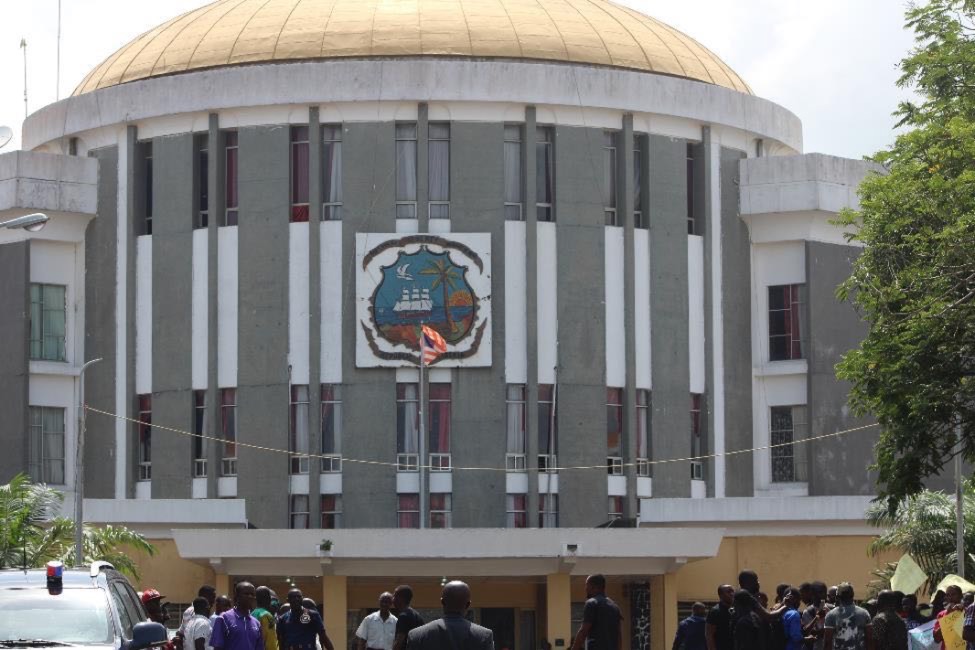MONROVIA, Montserrado – Members of the Liberian Senate have voted to pass the Domestic Violence Act, two weeks after their counterparts in the House of Representatives approved the bill.
The senators reached the decision on Thursday, July 19, 2019, following recommendations from the Senate’s joint committee on Gender, Health, Women, Children, and Social Protection and Judiciary, Claims, Petitions, and Human Rights.
Grand Kru’s Senator Peter Coleman, who chaired the joint committee, disclosed during his report that for nearly one year, the joint legislative committees of both the Senate and House of Representatives scrutinized the bill and sought the opinions and recommendations of stakeholders and members of the public.
Coleman said multiple stakeholder meetings took place at various locations across the country to analyze the bill. He named the stakeholders as the Law Reform Commission, the Association of Female Lawyers of Liberia, as well as U.N. Women and the Human Rights Commission of Liberia. He said other experts from various parts of the world also shared their experiences and best practices.
River Gee’s Senator Matthew Jaw introduced the motion for the Senate to accept the committee’s report and vote to pass the bill.
Vice President Jewel Howard-Taylor thanked the senators for the historic decision, noting that President George Weah, who has previously referred to himself as the country’s “feminist-in-chief,†would be happy with their action.
On July 4, members of the House of Representatives voted to pass the Domestic Violence Act and said to the Senate for concurrence.
River Cess’ second district representative and the chair of the Women Legislative Caucus, Rosana Shaack, introduced the bill on May 5, 2019, after the Senate passed a previous version in 2016 without a component banning female circumcision and making the practice a criminal offense.
The new bill was also passed by the legislature without a provision on female circumcision. However, the bill would elevate domestic violence (including physical abuse, sexual abuse, neglect, and exploitation) to being serious crimes, if signed into law by President George Weah.
The law would also provide immediate and effective assistance and protection for victims and survivors of domestic violence.
It recognizes that the legal system has ineffectively dealt with family violence in the past by allowing abusers to escape effective prosecution or financial liability and has not criminally acknowledged the criminal nature of domestic violence, and will support efforts of victims and survivors of domestic violence to avoid further abuse.
Featured photo by Zeze Ballah



